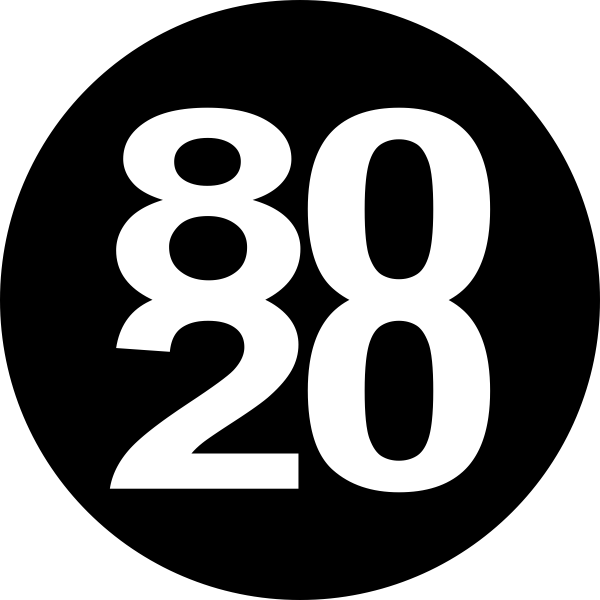80/20 Rule in
Sailing
Master Sail Trim and Focus on Key Maintenance Tasks for Better Sailing
The Pareto Principle, commonly known as the 80/20 rule, suggests that 80% of results can come from just 20% of activities. In the context of sailing, where numerous variables can affect performance, understanding and applying this principle can significantly enhance efficiency, safety, and enjoyment. Sailors, whether racing or cruising, can focus on specific aspects of their practice to maximize their success and pleasure from the sport.
Here’s how the 80/20 rule can be effectively utilized across various dimensions of sailing:
Sail Trim and Boat Handling
- Efficient Sail Adjustment
- Approximately 20% of adjustments, particularly those made to the mainsail and jib, can influence about 80% of a boat's performance. Mastering the art of trimming these sails can significantly impact speed and course stability.
- Prioritizing practice in sail trim, focusing on angle and tension, can lead to greater efficiency and faster sailing.
Maintenance Priorities
- Key Maintenance Tasks
- Regular maintenance of 20% of the boat’s components, such as the hull, sails, and rigging, can prevent 80% of common sailing issues that could lead to more significant problems or failures.
- Concentrating on these critical areas, checking for wear and damage, and addressing issues promptly can ensure reliability and safety at sea.
Navigation and Route Planning
- Strategic Planning
- Focusing on 20% of navigation tasks, such as setting primary waypoints and monitoring prevailing weather conditions, can influence 80% of a voyage’s success.
- Advanced planning and preparation in these areas can lead to a smoother, more predictable sailing experience.
Safety Measures
- Critical Safety Equipment
- Ensuring that 20% of safety equipment that is most likely to be needed—such as life jackets, communication devices, and fire extinguishers—is in working order can safeguard against 80% of potential emergencies.
- Regular checks and drills involving this equipment can greatly enhance safety for all aboard.
Crew Training and Management
- Effective Communication and Roles
- Training the crew in 20% of essential duties and communication protocols can enhance 80% of team efficiency and overall safety on board.
- Focusing on these key skills during crew training sessions can prevent misunderstandings and errors during critical moments.
Equipment Optimization
- High-Impact Gear Selection
- Investing in 20% of high-quality, critical gear like winches, ropes, and navigation tools can improve 80% of sailing operations.
- Choosing the right equipment and ensuring it is well maintained can greatly affect performance and ease of sailing.
Energy Management
- Efficient Energy Use
- Optimizing 20% of energy sources on board, particularly for long voyages, such as solar panels or efficient batteries, can maintain 80% of the boat's operational capabilities.
- Effective management of these energy solutions can ensure continuous functionality of crucial systems.
Learning and Skill Enhancement
- Targeted Learning
- Focusing on learning 20% of advanced sailing techniques and problem-solving skills can enhance a sailor’s ability to handle 80% of situations encountered at sea.
- Participating in targeted training courses or workshops can rapidly improve a sailor’s competencies and confidence.
Conclusion
The Pareto Principle offers a strategic approach to managing the complexities of sailing. By identifying and focusing on the 20% of tasks, skills, and equipment that contribute the most to sailing success and safety, sailors can optimize their preparation and performance. This not only makes sailing more enjoyable but also significantly enhances the efficiency and safety of every voyage. Whether for competitive racing or leisure cruising, the 80/20 rule can be a valuable guide for all sailors looking to improve their mastery of the seas.
